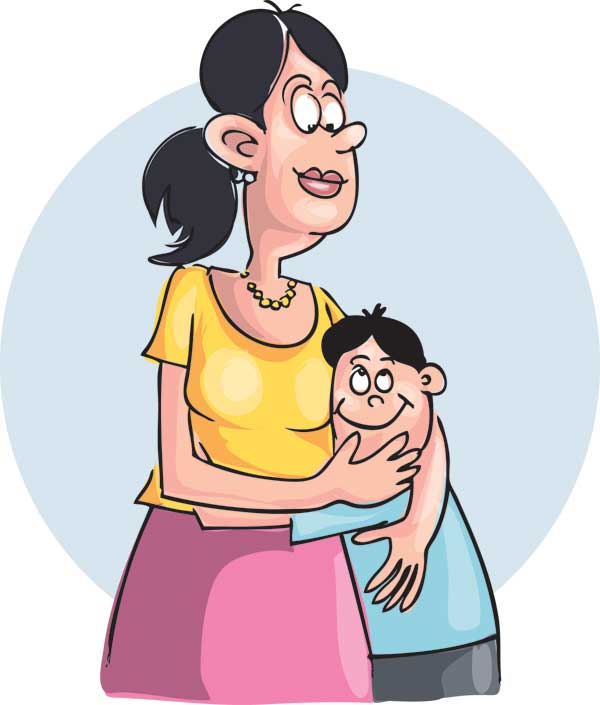Reply To:
Name - Reply Comment
Last Updated : 2024-04-19 22:36:00
.jpg) Mother’s Day came and went, just another day in the calendar. Little bits of Colombo stirred, here and there, to celebrate – in hotels, homes and private occasions. But no organisation or institution, state-run or private, saw a need to organise a large-scale event, or discussion based on books, movies, personal experiences. No radio or TV channel managed a meaningful programme on the theme. In short, Mother’s Day was far less remarkable than May Day, Valentine’s Day or Children’s Day, despite the fact that ours is hailed as a matriarchal society and motherhood is ranked (at least in some minds) almost on the same pedestal as sainthood.
Mother’s Day came and went, just another day in the calendar. Little bits of Colombo stirred, here and there, to celebrate – in hotels, homes and private occasions. But no organisation or institution, state-run or private, saw a need to organise a large-scale event, or discussion based on books, movies, personal experiences. No radio or TV channel managed a meaningful programme on the theme. In short, Mother’s Day was far less remarkable than May Day, Valentine’s Day or Children’s Day, despite the fact that ours is hailed as a matriarchal society and motherhood is ranked (at least in some minds) almost on the same pedestal as sainthood.

Add comment
Comments will be edited (grammar, spelling and slang) and authorized at the discretion of Daily Mirror online. The website also has the right not to publish selected comments.
Reply To:
Name - Reply Comment
On March 26, a couple arriving from Thailand was arrested with 88 live animal
According to villagers from Naula-Moragolla out of 105 families 80 can afford
Is the situation in Sri Lanka so grim that locals harbour hope that they coul
A recent post on social media revealed that three purple-faced langurs near t